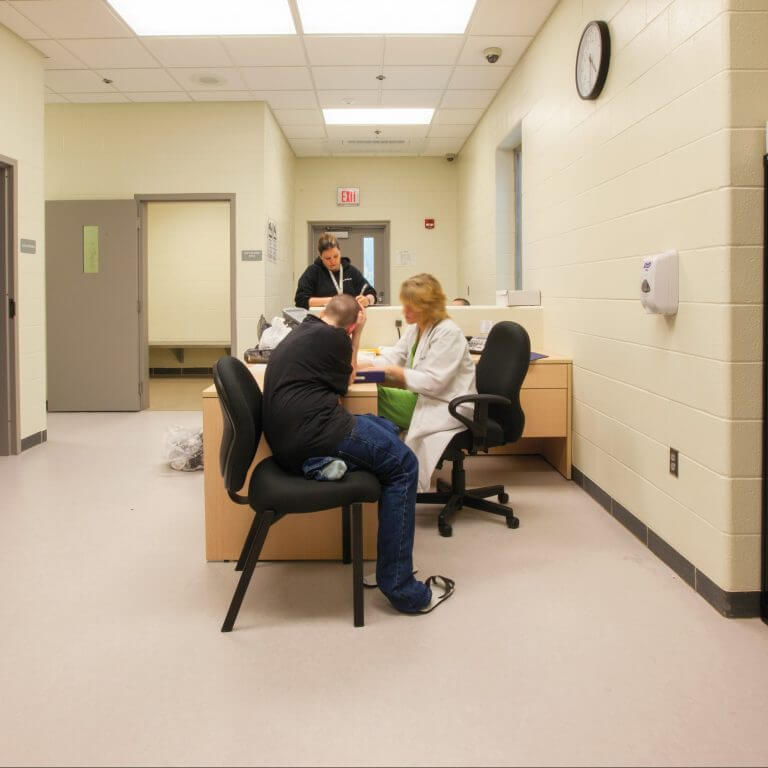Youth Justice
The rationale for a separate justice system for youth is the fundamental belief that young people are developmentally different from adults. The youth justice system was designed to rehabilitate, rather than punish, young people who exhibited certain behaviors deemed “delinquent.” Despite this stated goal, over the last several decades, children have been subjected to many of the same harsh, overly punitive policies imposed in the adult criminal justice system.
Research demonstrates that system involvement often causes disruption and trauma in young people’s lives and that poor youth and youth of color are disproportionately impacted. In recognition of these findings, the tide has shifted away from “tough on crime” approaches and toward those that are more developmentally appropriate. We support reforms that prevent or minimize system involvement, address “delinquent behaviors” through policies that are beneficial to youth, and prepare young people for success when they leave the system.
Strategies
- Minimize young people’s contact with the justice system
Arresting young people for minor offenses or for non-delinquent “status offenses,” such as missing school or running away from home, too often serves as a pathway to deeper involvement in the system. Rather than criminalizing minor infractions, young people should be diverted from arrest and incarceration and provided with the necessary support services. We invest in approaches that aim to identify and eliminate pathways that lead youth to justice system involvement. We also invest in approaches within related youth-serving systems—such as education, homeless services, child welfare, and behavioral health—that aim to stem the pipeline into the justice system. - Advance developmentally appropriate alternatives to incarceration
Most young people within the justice system are not confined, but rather are on some form of probation—whether as their primary sentence or following their release from placement. Troublingly, only about half of youth successfully complete probation, and those who fail to comply with its requirements are often incarcerated. We support developmentally appropriate diversion, reasonable civil citations, probation, and other alternatives to incarceration that focus more on prevention, treatment, and intervention than on sanctions, custody, and control. - Mitigate the effects of youth justice system involvement
Spending time in correctional facilities is rarely rehabilitative for young people. We believe that, whenever appropriate, the youth justice system should partner with communities to design alternative approaches that do not rely on sending youth to secure facilities that are far from their support networks. However, as long as young people continue to be confined, we support efforts to reduce their length-of-stay, improve the conditions of their confinement, and increase the quality and breadth of services available to them. In addition, we support ending the practice of transferring young people to adult criminal court. - Prepare young people for success when they leave the system
Youth involved in the justice system must have the support required to: maintain ties with their communities and families while they are confined, transition back into their schools and neighborhoods when they are released, and access any support services they need to become successful adults. We invest in efforts that help system-involved young people complete their education, find employment, and remain stably housed.
Related Fellows








